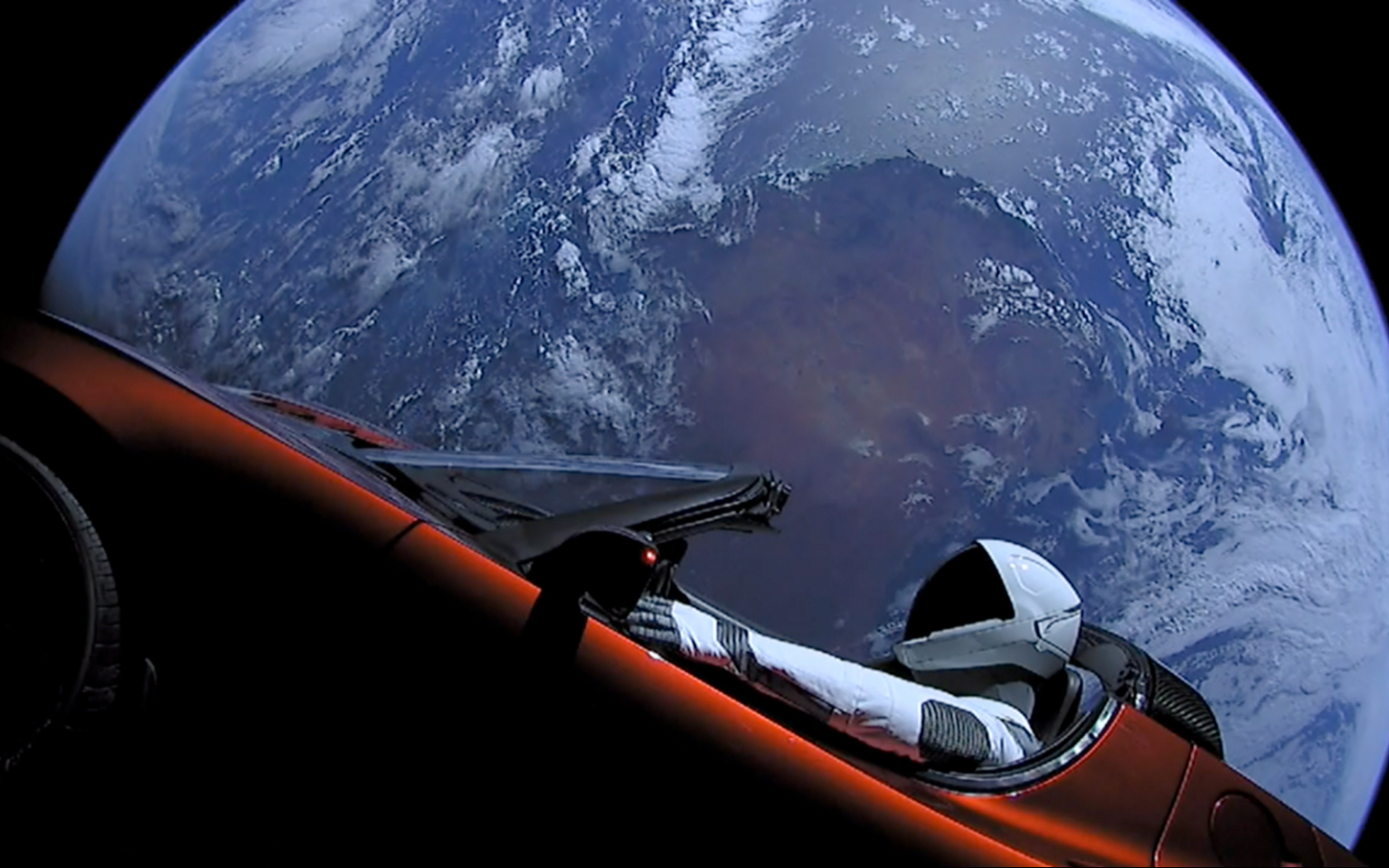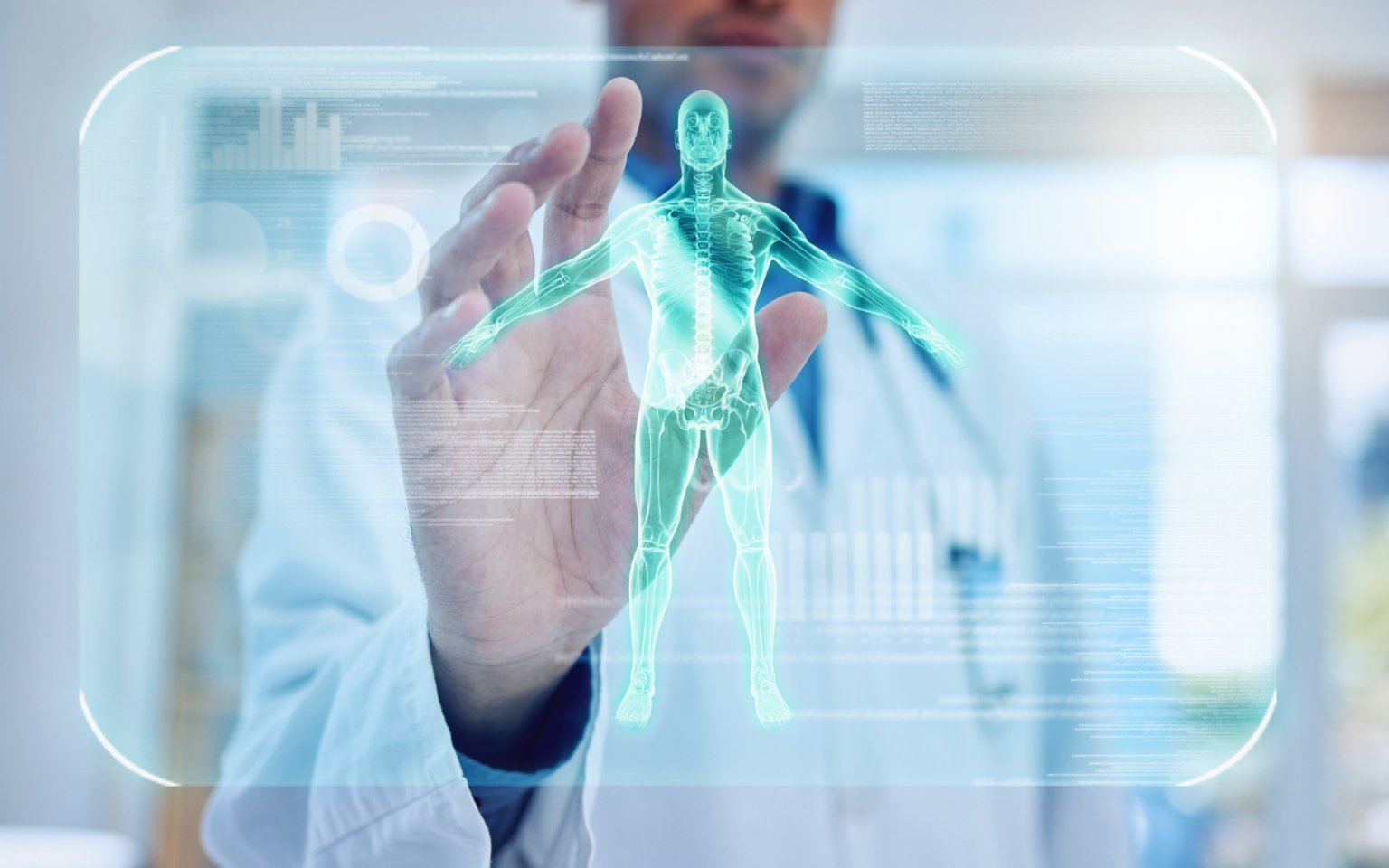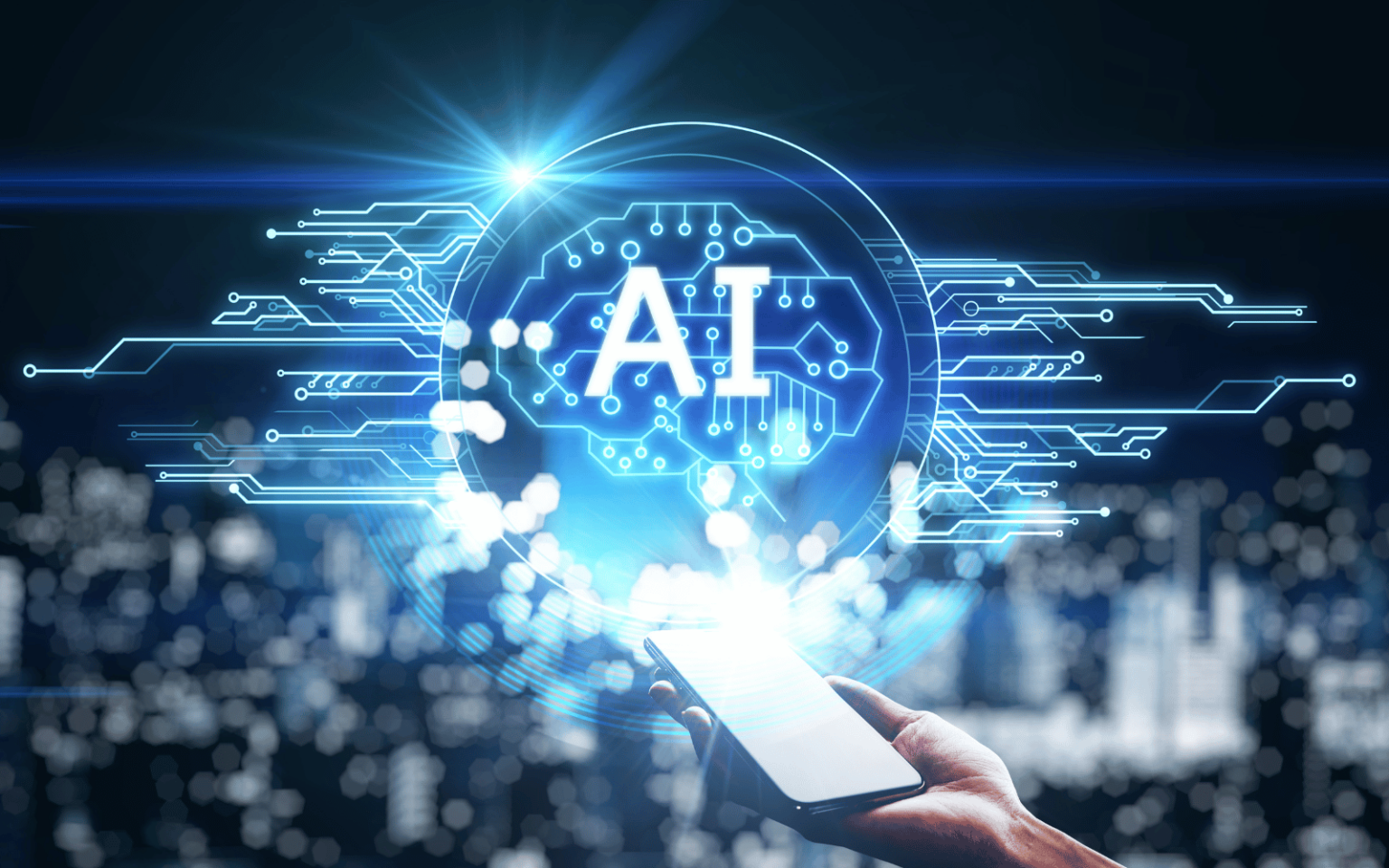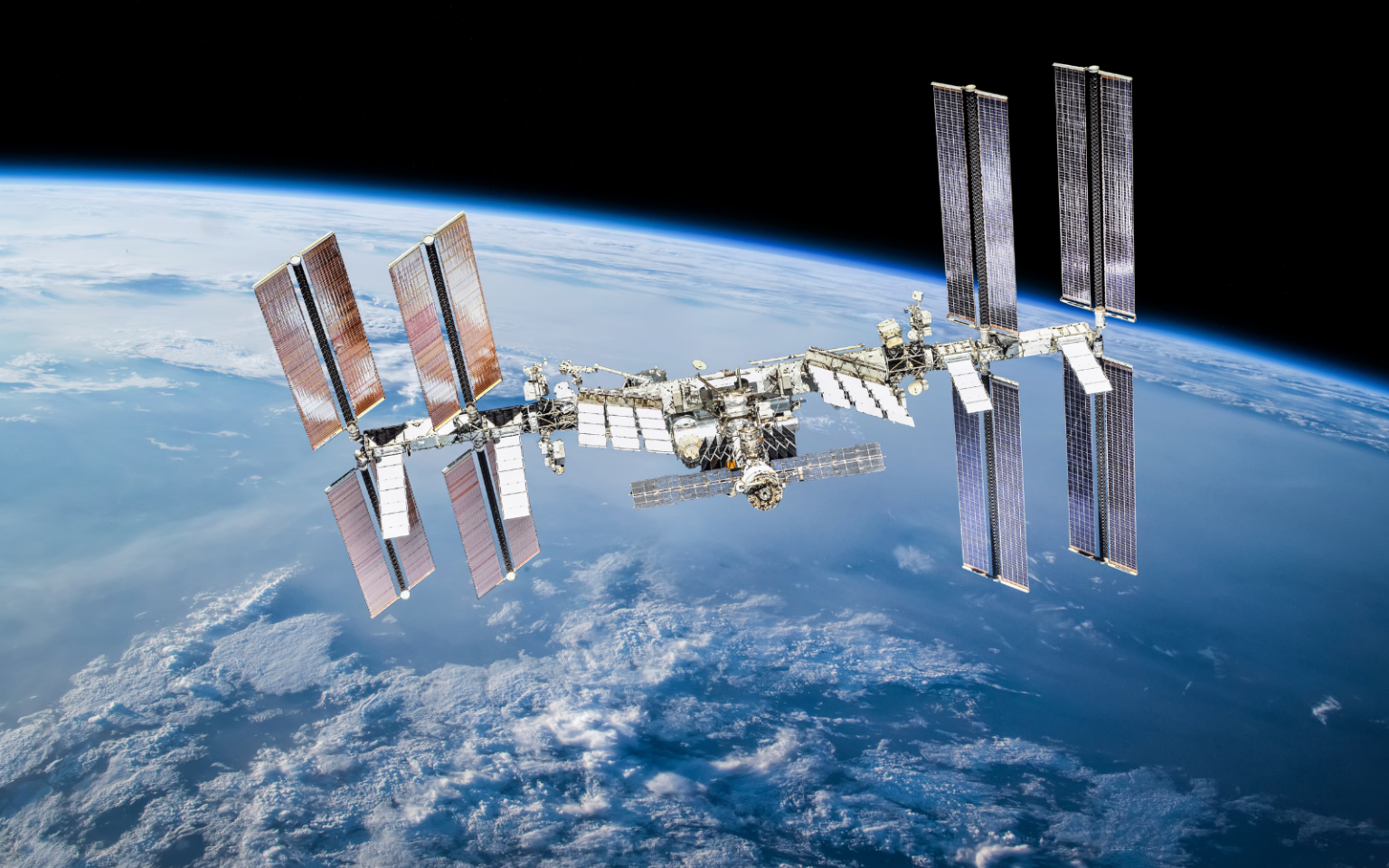The Sun will someday die. This will happen when it runs out of hydrogen fuel in its core and can no longer produce energy through nuclear fusion as it does now. The death of the Sun is often thought of as the end of the solar system. But in reality, it may be the beginning of a new phase of life for all the objects living in the solar system. When stars like the Sun die, they go through a phase of rapid expansion called the Red Giant phase: The radius of the star gets bigger, and its colour gets redder. Once the…
Author: The Conversation
American technologists have been telling educators to rapidly adopt their new inventions for over a century. In 1922, Thomas Edison declared that in the near future, all school textbooks would be replaced by film strips, because text was 2% efficient, but film was 100% efficient. Those bogus statistics are a good reminder that people can be brilliant technologists, while also being inept education reformers. I think of Edison whenever I hear technologists insisting that educators have to adopt artificial intelligence as rapidly as possible to get ahead of the transformation that’s about to wash over schools and society. At MIT, I study the history…
Beyond the race for scientific, commercial and military purposes, there is another space race of a more curious sort. A race to be the first to send various objects up there. But why? In December 2024, Buddhist monks from Japan attempted unsuccessfully to send a small temple on board a satellite into orbit. The rocket did make it more than 110km from Earth, making it the first time the Dainichi Nyorai (the Buddha of the Cosmos) and the mandala were transported into outer space. The monks hope to try again in the future. The space temple is only about the size of a…
Empathy is not just a “nice-to-have” soft skill – it is a foundation of how children and adults regulate emotions, build friendships and learn from one another. Between the ages of 6 and 9, children begin shifting from being self-centred to noticing the emotions and perspectives of others. This makes early childhood one of the most important periods for developing empathy and other social-emotional skills. Traditionally, pretend play has been a natural way to practice empathy. Many adults can remember acting out scenes as doctor and patient, or using sticks and leaves as imaginary currency. Those playful moments were not just…
Tilly Norwood is the hottest actor in Hollywood right now. Her career has been covered by Variety, the BBC and Forbes, to name just a few publications. All of this is publicity that a young actor at the start of their career can only dream of. But Tilly doesn’t dream. Nor is she actually acting in the strictest sense of the word, because Tilly is an AI actor, created by Particle6 Studios, a UK-based AI-focused film production company. There have, of course, been AI actors before. Carrie Fisher was famously resurrected for The Rise of Skywalker in 2019. James Cameron used background “actors” to populate Titanic in…
Being able to instantly and accurately predict the trajectory of a person’s health in the years to come has long been seen as the pinnacle of medicine. This kind of information would have a profound effect on healthcare systems as a whole – shifting care from treatment to prevention. According to the findings of a recently published paper, researchers are promising just that. Using cutting-edge artificial intelligence (AI) technology, the researchers built Delphi-2M. This tool is seeking to predict a person’s next health event and when it’s likely to happen in the next 20 years. The model does this for a…
From the earliest year of school, children begin learning how to express ideas in different ways. Lines across a page, a wobbly letter, or a simple drawing form the foundation for how we share meaning beyond spoken language. Over time, those first marks evolve into complex ideas. Children learn to combine words with visuals, express abstract concepts, and recognise how images, symbols and design carry meaning in different situations. But generative artificial intelligence (AI), software that creates content based on user prompts, is reshaping these fundamental skills. AI is changing how people create, edit and present both text and images. In other words,…
People’s lives are more enmeshed with digital systems than ever before, increasing users’ vulnerability and insecurity. From data leaks like the 2017 Equifax data breach to the more recent cyberattack on British retailer Marks & Spencer, business operations and data on the internet continue to be vulnerable. There are good reasons to believe that little will be done about these risks until a massive society-wide crisis emerges. My research suggests that there are significant failures in our current approaches to risk and innovation. Digital technologies remake social life through new technologies, communication platforms and forms of artificial intelligence. All of which, while very powerful, are…
For 24 hours a day, seven days a week since November 2000, NASA and its international partners have sustained a continuous human presence in low-Earth orbit, including at least one American – a streak that will soon reach 25 years. When viewed in the history of spaceflight, the International Space Station is perhaps one of humanity’s most amazing accomplishments, a shining example of cooperation in space among the United States, Europe, Canada, Japan and Russia. But all good things must come to an end. In 2030, the International Space Station will be deorbited: driven into a remote area of the Pacific Ocean. I’m an aerospace…
News that several New Zealand universities have given up using detection software to expose student use of artificial intelligence (AI) underlines the challenge higher education is facing. With AI tools such as ChatGPT now able to produce essays, reports and case studies in seconds, the old assessment model is breaking down. For decades, that model was valued for testing not just knowledge, but also analysis, argumentation and communication. Now, however, its reliability is under pressure. If a machine can generate a plausible essay on demand, how can we be sure we are assessing a student’s own understanding and reasoning? We have been…










